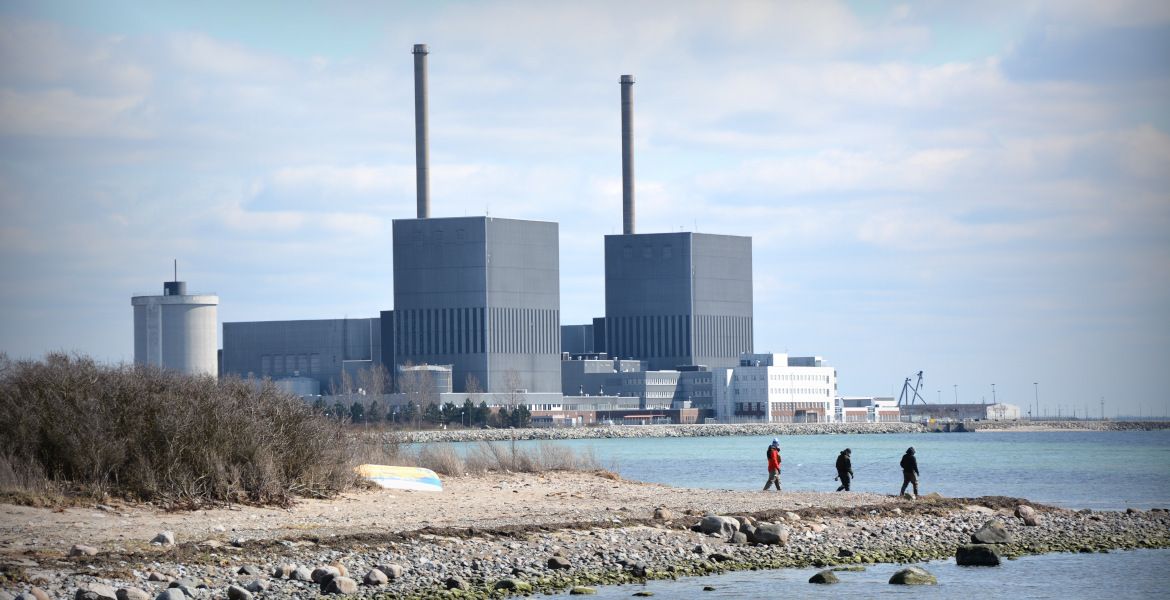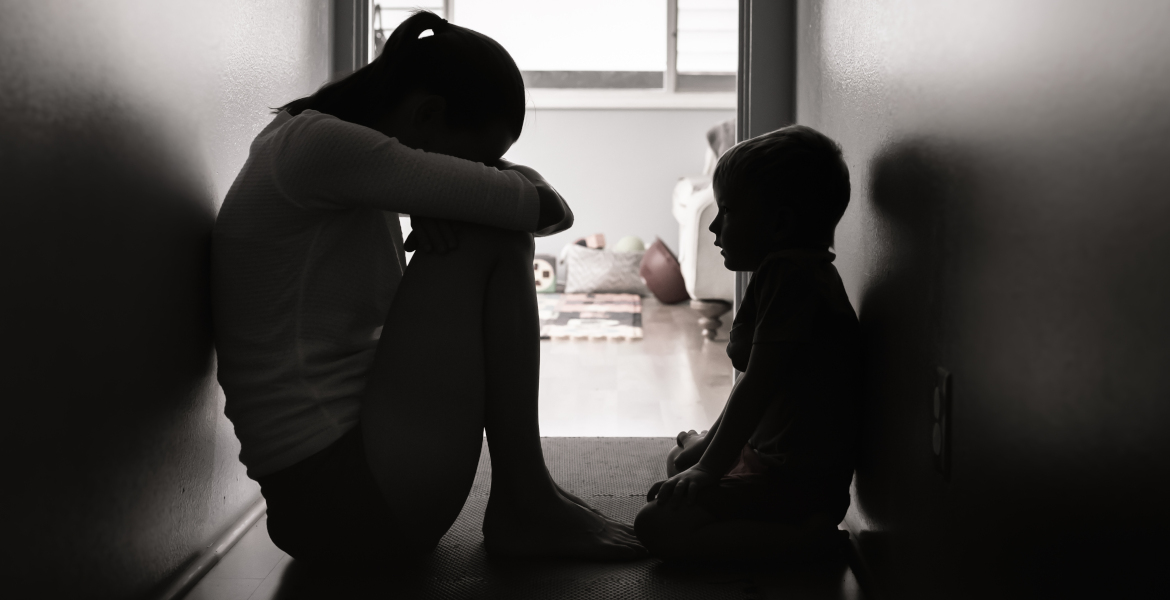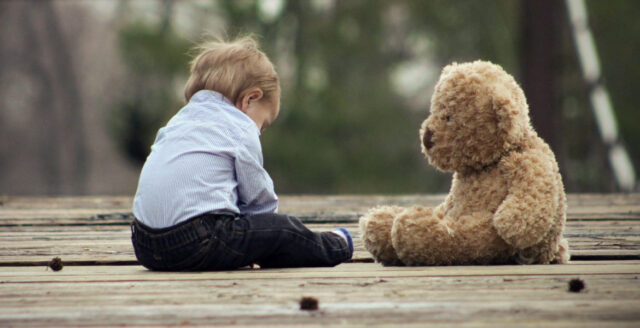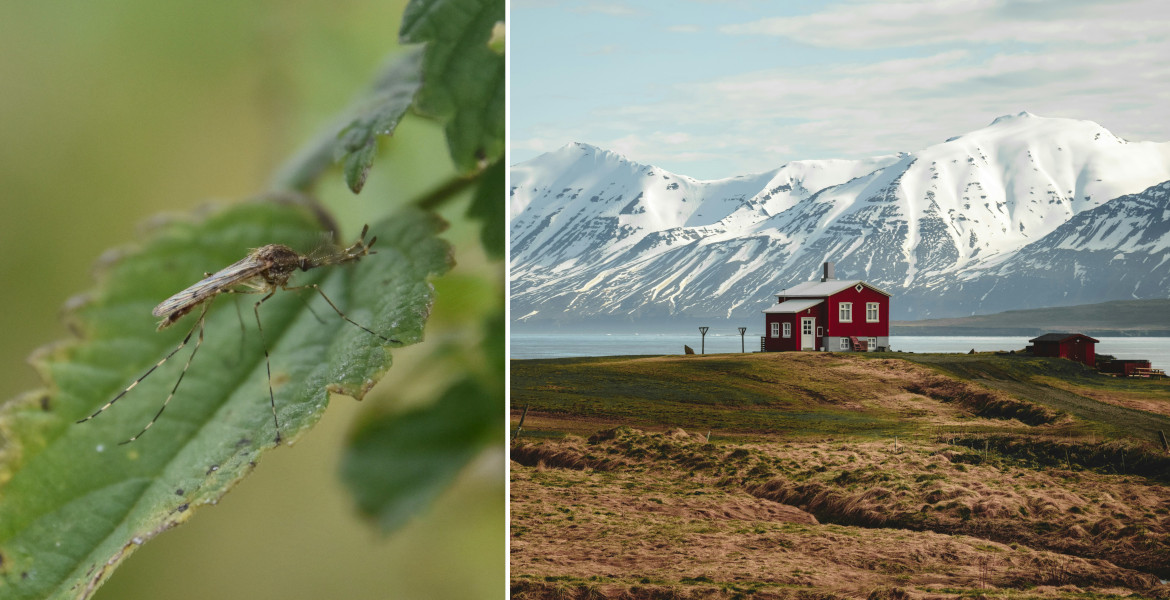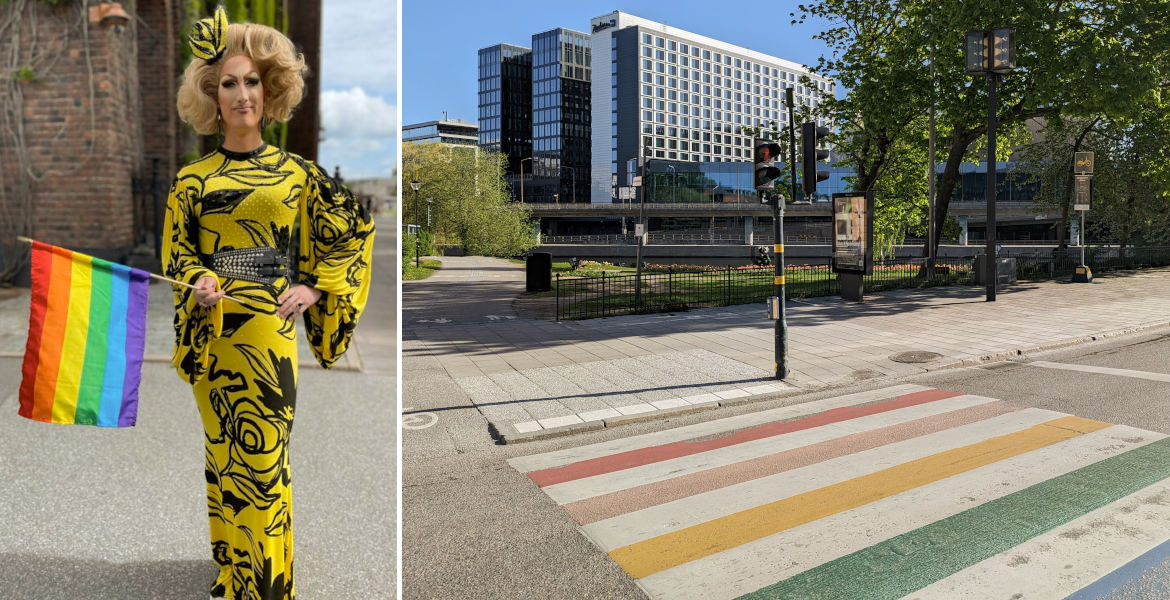Researchers at Stockholm University have reinterpreted the runic inscription found on Forsaringen. According to the new interpretation of the old legal text, it can be concluded that the Vikings had a very pragmatic approach to fines, which were also relatively high.
The Forsaring is an iron ring found in the medieval church of Forsa in Hälsingland. The ring was riveted to a door between the porch and the nave, but was recovered when the church was demolished in 1840. The ring is dated to the 8th or 9th century, and the runic inscription describes a fine for an offense, to be paid in oxen and silver. It is the oldest surviving legal text in the Nordic countries today.
The inscription on the ring “uksa … auk aura tua” was previously interpreted to mean that the fine was to be paid with both an ox and two coins of silver.
– This would have meant that the offender would have had to pay with two different means of payment, which would have been both impractical and time-consuming, said Rodney Edvinsson, professor of economic history at Stockholm University, in a press release.
The word “auk” was previously interpreted as the word “and”, but by changing the translation to the word “also”, the text takes on a different meaning. Instead, the new interpretation means that fines could be paid with either an ox or two pennies of silver. A penny was about 25 grams of silver. This system would mean that the Vikings had a flexible payment system.
– If a person had easier access to oxen than to silver, they could pay their fine with an ox. If someone had silver but no ox, they could pay with two coins of silver, says Edvinsson.
Oxen were valuable and were sometimes considered particularly sacred animals, which is reflected in the rune for U – Uruz – which symbolizes the aurochs in the older Futhark
Edvinsson has previously helped develop a consumer price index dating back to the 13th century, but the reinterpretation of the runic script provides more insight into price levels earlier in history. According to the reinterpretation, an ox would cost 2 coins of silver, which was about 50 grams in Viking times. This is equivalent to about SEK 100,000 in today’s Swedish kronor (€8 700) , when compared to the value of an hour’s work.
A servant cost about 12 coins, which is about 600,000 kronor (€52 000) today. The man’s fine for a free man, i.e. the fine paid to the family of the person killed by the murderer’s family to avoid blood revenge, was higher and usually amounted to about five kilos of silver – about 10 million SEK (€870 000).

